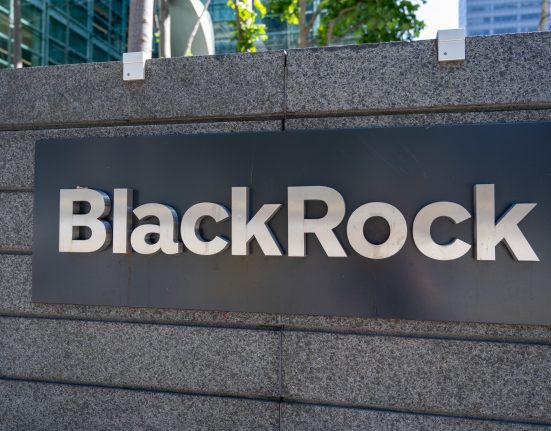Unlock the Editor’s Digest for free
Roula Khalaf, Editor of the FT, selects her favourite stories in this weekly newsletter.
Sony Music completed more than $2.5bn in song deals last year, buying up vast catalogues by artists from Queen to Pink Floyd in the face of rising competition from private equity-backed music investment firms.
The business has emerged as one of the most acquisitive companies for music rights — an increasingly mainstream investment class — particularly songs by the biggest “legacy” acts.
“Catalogue” music is taking up a rising share of music consumption, especially in more developed western markets, as younger generations turn to older songs on streaming services — roughly half the top 200 tracks last year were older songs, against 24 per cent in 2020.
Sony Music has also invested in local language content and catalogues in emerging markets as a greater share of hits, consumption and revenues come from rapidly growing economies in Asia and Latin America, with the $2.5bn deal spree spread over more than 60 investments last year.
Investment firms backed by private equity have emerged in recent years as big financial buyers of song catalogues, which throw off steady income based on performances, streaming and use in TV, gaming and films.
However, since Rob Stringer became Sony Music boss in 2017 the company has been fighting for some of the biggest deals, acquiring in recent years the catalogues of Michael Jackson, Bob Dylan, Bruce Springsteen and Paul Simon. Last year, it bought the rights to music by Queen and Pink Floyd in deals worth a total of more than $1bn.
Talking on Friday to investors and analysts, Stringer confirmed the extent of the business’s deal spree last year, adding that its M&A strategy was “in no way based on random financial speculative tactics that periphery music and financial players may choose to employ”.
As well as the solid income stream, a label with Sony’s resources could use its teams to boost the value of such rights through use in TV, gaming and films.
As part of its deal with Queen, for example, Sony acquired name, image and likeness rights that will allow it to generate revenues in merchandising and “experiential” events similar to Abba Voyage in London.
Stringer said the label was now asking for further price rises and new payment tiers from major music streaming groups to drive future revenues, amid slowing user growth in the mature US and UK markets.
“Music should not be ‘free’ or a ‘cheap bargain’,” he said, adding that “there hasn’t been a huge improvement in ad-supported revenue in the past few years. We’d obviously like to see that happen.”
Stringer said Sony was “actively engaged” with more than 800 companies on using AI for activities, including product creation, content protection and detection of pirated copies.
“We are going to do deals for new music AI products this year with those that want to construct the future with us the right way,” he said. “New subscription ideas with fair revenue-sharing arrangements will be further additive.”
But he added that musicians whose work had been work used to train AI needed to be “fairly compensated”, with the industry still working with tech platforms to find common ground.
“The training of these models . . . cannot simply be laissez faire and disrespectful to the fact that intellectual property has clear-cut rights,” he said. “These should not be abused, and moving forward, a clear remuneration system should exist.”







